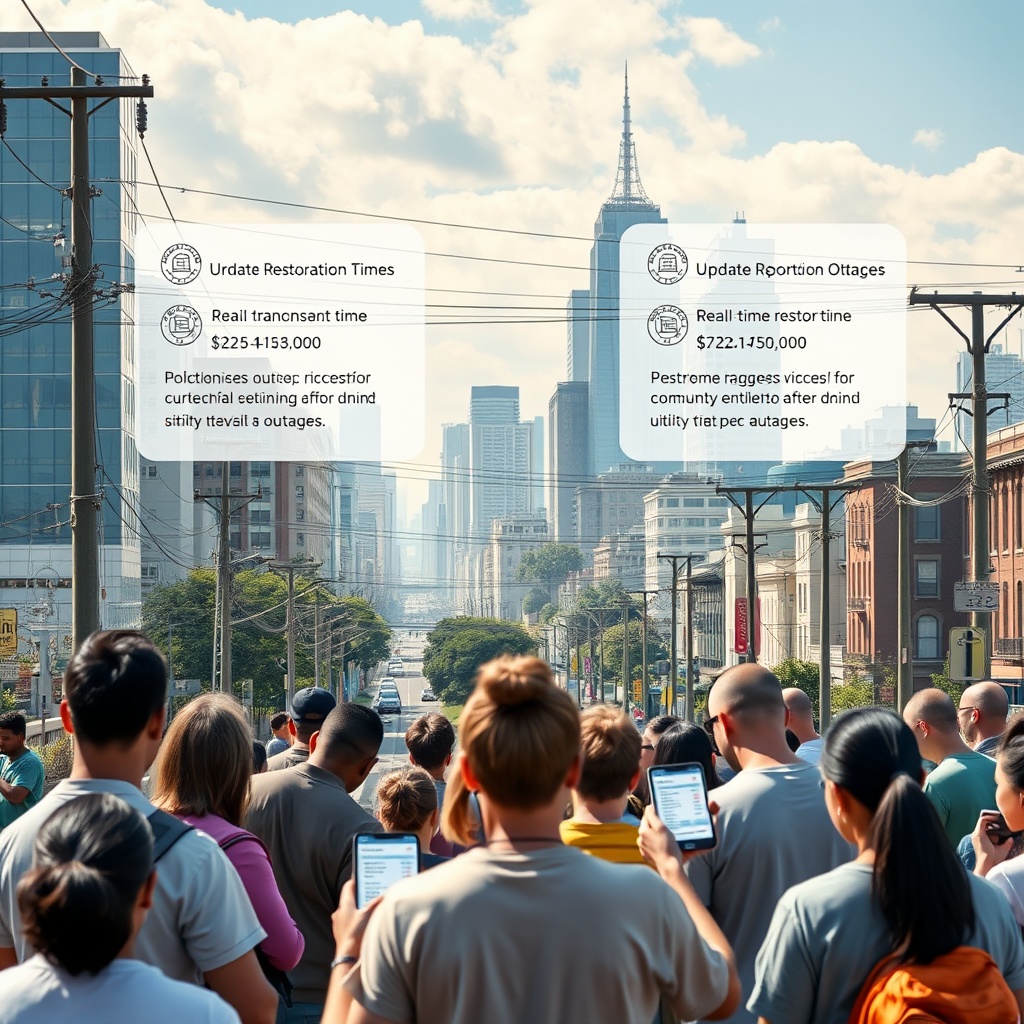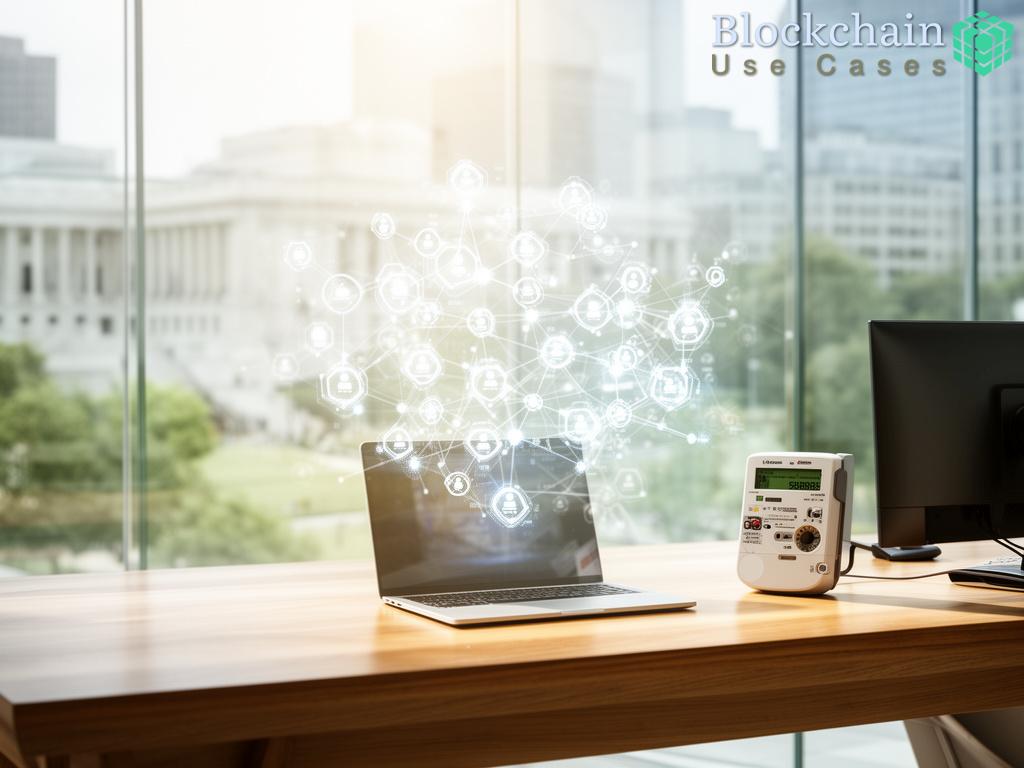The advent of blockchain technology has opened new horizons not only for financial transactions but also for various sectors, including utilities. As consumers demand greater transparency in service delivery, blockchain emerges as a powerful tool to enhance the reliability and accountability of utility outage reporting. This article delves into how blockchain can transform the landscape of utility services by providing real-time data on outages and restoration times.
Enhancing Data Integrity and Trust

One of the primary advantages of implementing blockchain in utility outage reporting is the ability to ensure data integrity. By utilizing a decentralized and immutable ledger, utility companies can record outage incidents and restoration efforts in a manner that is resistant to tampering. This leads to a significant increase in public trust, as consumers have access to verifiable information regarding outage durations and the restoration process.
Real-Time Tracking and Consumer Empowerment
Blockchain technology facilitates real-time tracking of utility outages, allowing consumers to stay informed about the status of their services. Through a blockchain-based application, customers can receive updates directly from the utility provider regarding outage occurrences and estimated restoration times. This empowerment fosters a proactive approach to customer service, reducing anxiety during outages and enhancing overall satisfaction.
Key Benefits of Blockchain in Utility Reporting
Below is a concise list summarizing the key benefits of implementing blockchain technology for reporting utility outages:
- Transparency: All stakeholders have access to the same information, reducing misinformation.
- Accountability: Utility companies are held accountable for their reported data, ensuring timely responses.
- Efficiency: Automated processes reduce administrative burdens and improve response times.
- Customer Engagement: Enhanced communication channels increase customer involvement and satisfaction.





